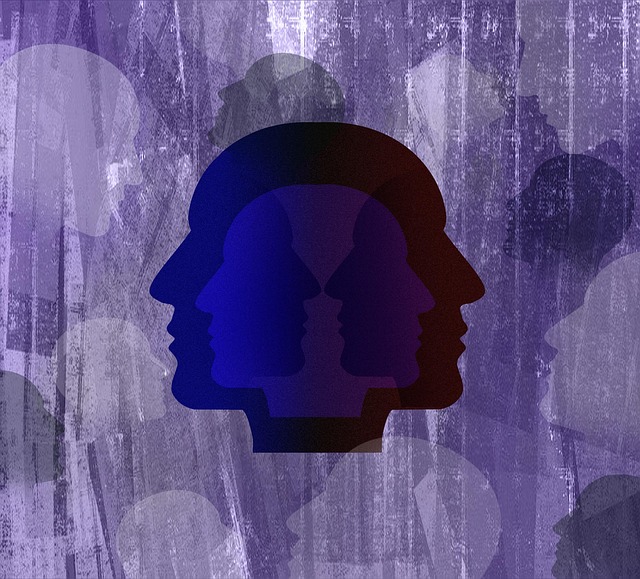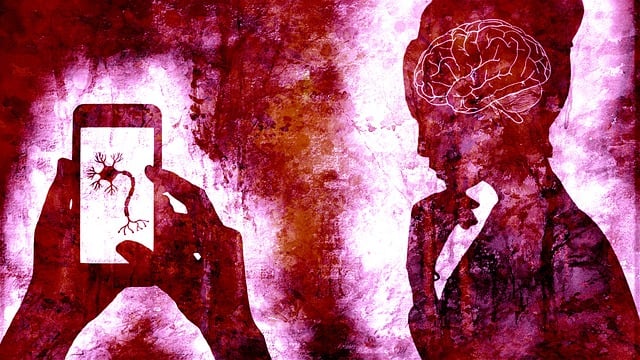Social Skills Training (SST) is an innovative, specialized therapy for young children who have experienced child abuse, focusing on enhancing interpersonal interactions and emotional intelligence through practical exercises. By teaching self-awareness, mood management, and conflict resolution skills, SST aims to prevent or mitigate mental health conditions like depression, promote better relationships, and build resilience against future setbacks. Culturally sensitive approaches, tailored to the child's background and family, are crucial for effective therapy. Evidence-based techniques, such as play therapy and cognitive behavioral therapy, help children process trauma experiences and develop healthy coping mechanisms. Policy analysis, advocacy, and risk management planning ensure accessible, culturally sensitive services that prioritize client safety and well-being during mental health treatment for young children affected by abuse.
Social skills training is a powerful tool in supporting individuals with mental health conditions, especially young children. This article explores three crucial aspects of enhancing social interactions and overall well-being: Understanding Social Skills Training, The Role of Therapy in Treating Mental Health Conditions in Young Children, and Addressing Child Abuse: A Specialized Approach. By delving into these topics, we aim to highlight effective strategies for fostering healthy relationships and mitigating challenges related to mental health and child abuse.
- Understanding Social Skills Training
- The Role of Therapy in Treating Mental Health Conditions in Young Children
- Addressing Child Abuse: A Specialized Approach
Understanding Social Skills Training

Social Skills Training (SST) is a form of therapy designed to enhance interpersonal interactions and emotional understanding in individuals, often focusing on children who have experienced challenging situations like child abuse. This therapeutic approach goes beyond traditional talk therapy by incorporating practical exercises aimed at improving communication, empathy, and conflict resolution skills. SST recognizes that social interactions significantly impact mental health, especially for young minds still developing emotional regulation mechanisms.
By teaching self-awareness exercises and mood management strategies, SST seeks to prevent or mitigate conditions such as depression. It equips children with the tools to navigate social environments healthily, fostering better relationships and a sense of belonging. This is particularly crucial given the long-lasting effects of early life trauma on a child’s social and emotional development. Through SST, young individuals can learn to recognize and manage their emotions, improve their ability to connect with others, and build resilience against mental health challenges like depression prevention.
The Role of Therapy in Treating Mental Health Conditions in Young Children

Mental health conditions in young children often require a multifaceted approach to treatment, and therapy plays a pivotal role. Through specialized therapy sessions, young individuals can learn coping mechanisms, develop emotional regulation skills, and gain a deeper understanding of their mental health challenges. These therapeutic interventions are particularly crucial for children who have experienced trauma, such as child abuse, as it helps them process and overcome these early adverse experiences.
One effective approach is incorporating cultural sensitivity in mental healthcare practice, ensuring that therapy aligns with the child’s cultural background and family dynamics. Additionally, teaching conflict resolution techniques and fostering inner strength development can empower young children to navigate social interactions, express their emotions healthily, and build resilience against mental health setbacks.
Addressing Child Abuse: A Specialized Approach

Addressing child abuse requires a specialized approach in therapy for young children, particularly when considering their mental health. This is because childhood trauma, including physical, emotional, or sexual abuse, can have profound and lasting effects on a child’s development. Mental health professionals must be equipped with strategies to create a safe and supportive environment, fostering trust and encouraging open communication. Through evidence-based therapeutic techniques, such as play therapy or cognitive behavioral therapy tailored for children, therapists can help young victims process their experiences and develop healthy coping mechanisms.
The complexity of child abuse necessitates a nuanced understanding of the interconnection between mental health, trauma, and development. Mental health policy analysis and advocacy play a crucial role in ensuring that services are accessible and culturally sensitive to diverse communities. Risk management planning for mental health professionals is essential to navigate these delicate situations while prioritizing both the client’s safety and well-being. By integrating cultural sensitivity into mental healthcare practice, therapists can offer tailored support, recognizing the impact of systemic issues and socio-cultural factors on a child’s mental health journey.
Social skills training, when integrated with therapy, offers a comprehensive approach to treating mental health conditions in young children. By addressing specific social and emotional needs, this method can significantly enhance their overall well-being. Moreover, recognizing the impact of child abuse necessitates specialized interventions tailored to heal and protect vulnerable individuals. Through tailored therapy and supportive environments, we can foster healthy development and positive outcomes for affected children, breaking cycles of trauma and promoting resilience.











